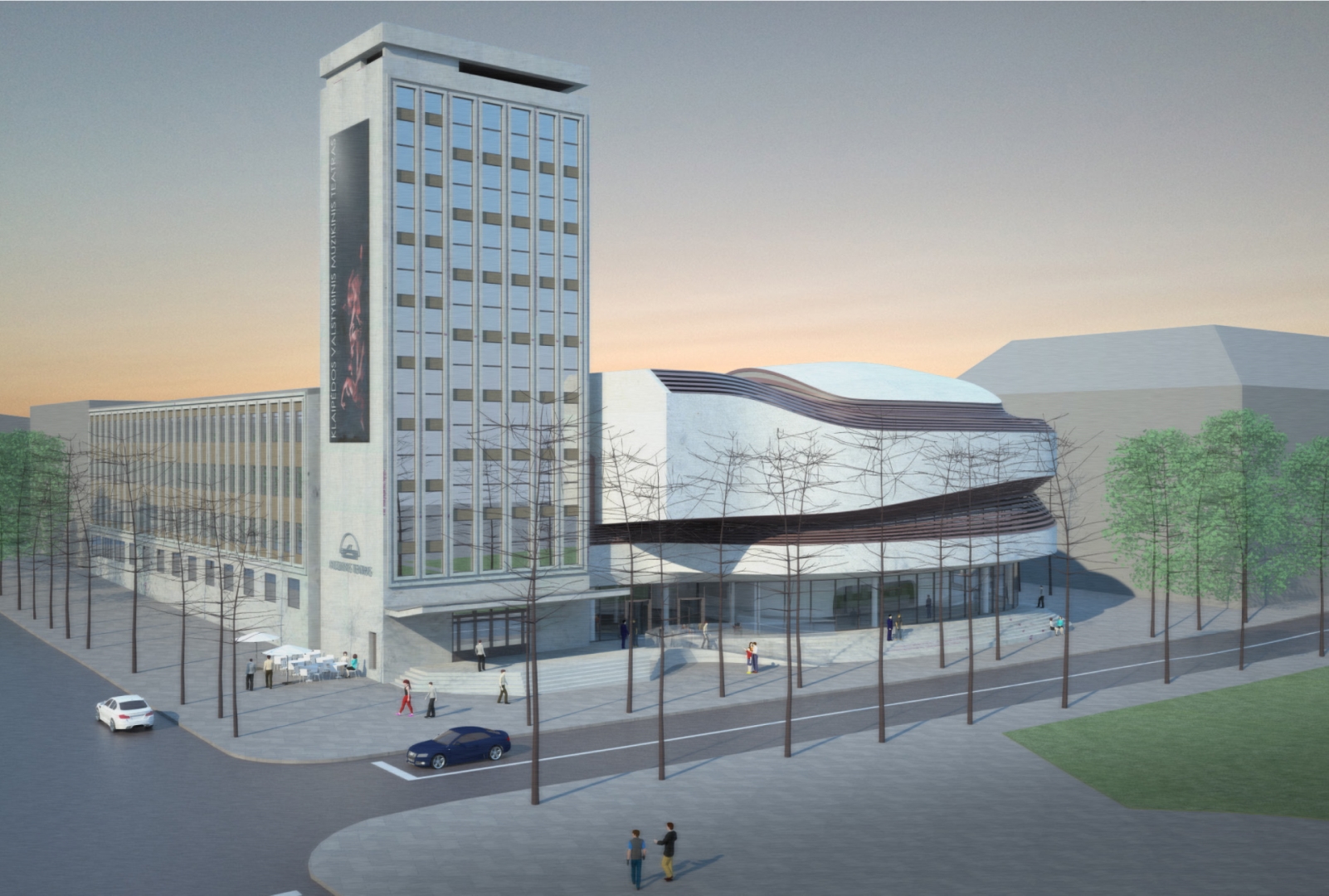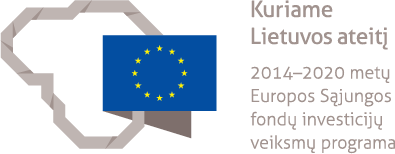
ProFile
A distinguished Russian violinist and conductor, Maxim Fedotov (b. 1961) has earned international acclaim through his exceptional talent, outstanding mastery and charismatic appearances at the world’s major classical music venues and festivals. His virtuoso technique has
been acknowledged by awarding him numerous prizes at the most prestigious international competitions, including 4th prize at the Paganini Competition in Genoa (1982), Silver Medal at the Tchaikovsky Competition in Moscow (1986), Gold Medal, 1st prize and all special prizes at the 1986 International Music Competition of Japan. His merits to the musical culture of Russia were honoured with the title of the People’s Artist of Russia (2002) and the Award of the Moscow City Duma (2003). He has been teaching violin for more than thirty years at the Moscow Tchaikovsky State Conservatory where he holds professorship (since 1987) and at the Gnessin Russian Academy of Music where he was Head of the Violin and Viola Department (2003–8). He is often invited to serve as jury member of various international competitions (including the Tchaikovsky Competition in Moscow in 1998, 2002 and 2015).
Born into the family of Viktor Fedotov, a prominent conductor and teacher from Saint Petersburg, he was educated at the Saint Petersburg Special Music School and then at the Moscow Conservatory. Among his violin teachers were professors Boris Sergeyev, Dmitry Tsyganov and Igor Bezrodny. He acquired basic conducting skills while studying under Vladislav Chernushenko at the Rimsky-Korsakov Saint Petersburg State Conservatory.
Appointed soloist with the Moscow State Philharmonic Society (1987–2006), Maxim Fedotov has toured over fifty countries, appeared as recitalist at the world’s most prestigious venues and performed as soloist with major orchestras led by outstanding conductors. Having completed his tenures as Chief Conductor of the Russian Symphony Orchestra (2003–2005) and Artistic Director and Chief Conductor of the Moscow Сity Symphony Orchestra “Russian Philharmonic” (2006–2010), he is currently Artistic Director of the Annual International Chamber Music Festival Musica Maxima in Zagreb (since 2009) and regular soloist with the Zagreb Chamber Orchestra. Since 2006, he has collaborated with the Saint Petersburg Music House founded and directed by Sergei Roldugin. As guest conductor he has appeared with the Saint Petersburg Philharmonic, the Saint Petersburg State Academic Cappella and the Mariinsky Theatre symphony orchestras, as well as with the CRR Istanbul Orchestra, the Korean Symphony Orchestra (Seoul), the Bohuslav Martinů Czech Philharmonic, among many others.
An important part of his performing and recording activities is a duo with his wife – pianist an Honoured Artist of Russia Galina Petrova. Many of his recordings have been released on Russian labels Melodiya and Classical Records. He is a featured soloist in a series of CDs with the recordings of Max Bruch’s complete works for violin and orchestra released on Naxos. His recordings of Niccolò Paganini’s 24 Caprices for solo violin, released by DML Classics, topped the list of best-selling classical music records in Japan, in 1986.
He is believed to be the first person since Paganini himself to give a recital on two of the violins owned by Paganini: his beloved “Il Cannone” made by Bartolomeo Giuseppe “del Gesù” Guarneri (1743) and Jean-Baptiste Vuillaume’s copy of the famous instrument made in 1833.
- violin - THE LAMBENT MUSIC OF THE LAGOON (Premiere 2021.08.06)
